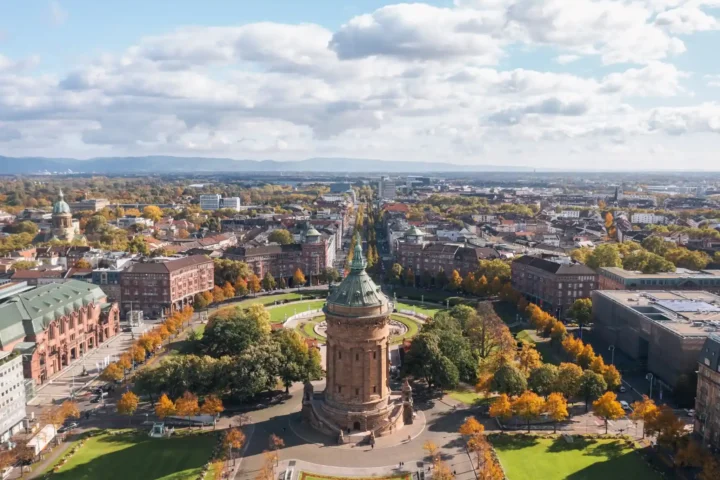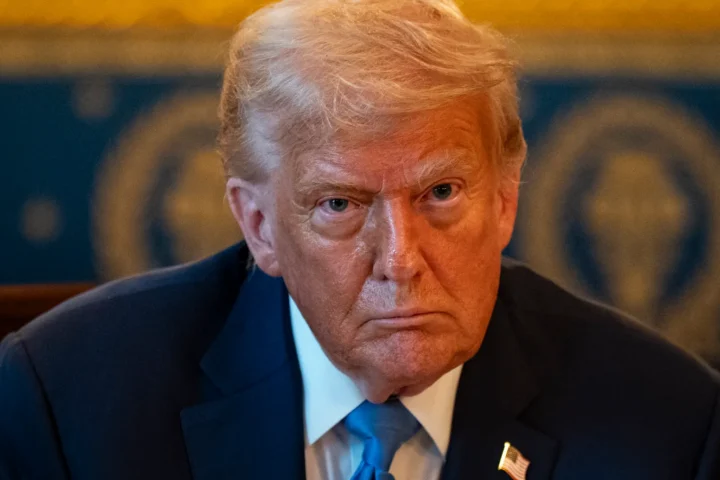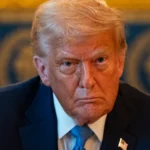In recent years, Donald Trump has drawn attention not only as a political figure but also as a force shaping the U.S. economy. Analysts warn that the country may be entering an era of “crony capitalism”—a system where success is driven not by market achievements but by proximity to power. This phenomenon already shows clear benefits for a select few while posing risks to society at large.
Trump’s Hotels: Hospitality or Political Hub?
The former Trump International Hotel, just a few minutes’ walk from the White House, became a hotspot for political activity during Trump’s presidency. Informally dubbed “the president’s second office,” it attracted foreign delegations and U.S. lobbyists eager to bolster their influence. For instance, in 2017, the Malaysian Prime Minister spent tens of thousands of dollars on services at the hotel, despite being under investigation for corruption at the time.
Notably, even the Secret Service, tasked with protecting Trump and his family, used the hotel’s facilities, while revenue from foreign state guests was reportedly handed over to the U.S. Treasury. Later, Trump sold the hotel’s management rights, but media reports suggest he is considering buying it back—likely anticipating financial gains should he return to power. This illustrates how business and politics can intertwine, turning enterprises into tools of influence.
Tech Giants: Betting on Personal Ties
Major players like Amazon, Meta, and Tesla stand out for their investments in political relationships. Elon Musk, for example, not only contributed over $250 million to Trump’s campaign but also secured a key role on a committee tasked with reducing government spending. This position grants Musk significant influence over agencies regulating his companies, such as the SEC, which had previously accused him of misconduct.
Interestingly, Tesla’s stock value has doubled since the election, despite the company facing challenges in global markets. Investors seem to anticipate that Musk’s close ties to power will open new opportunities, such as government contracts or regulatory leniency. This growing overlap between politics and business is becoming the norm for tech giants.
What Is “Crony Capitalism”?
Crony capitalism refers to a system where economic success hinges on personal connections to political figures. A notable example from Trump’s tenure is the 2018 imposition of tariffs on Chinese goods. Companies were allowed to request exemptions if deemed in the “national interest,” but studies show that such exemptions were disproportionately granted to firms that supported the Republican Party.
These practices undermine free-market principles, creating the illusion that personal ties outweigh innovation or product quality. As a result, resources are diverted from business development to lobbying efforts.
Lobbyists operate not only in Washington but also in European capitals like Bern, Berlin, and Brussels. Their primary goal is to influence parliamentary decisions and administrative processes to secure benefits for their clients. These advantages can take many forms, including subsidies, government contracts, licenses, or favorable regulations. In economic theory, this behavior is referred to as “rent-seeking,” as it focuses not on creating new value but on redistributing existing resources to benefit specific groups.
A similar pattern was observed in Hungary under Viktor Orban, where government contracts were concentrated among loyalists, weakening the country’s economic competitiveness.
Why Is This Dangerous?
Crony capitalism diminishes economic efficiency by distracting businesses from their core mission—creating valuable products and services. Over time, this can erode a country’s competitiveness. Additionally, it undermines trust in institutions, which are seen as mechanisms for rewarding the privileged few.
Research shows that countries with entrenched crony capitalism, such as Russia, have less competitive economies. In Russia’s case, this process is accompanied by wealth concentration in the hands of oligarchs tied to the Kremlin. Economists liken this model to a mafia structure, with the leader controlling the economy through a network of loyal associates.
The U.S. Situation: Why All Is Not Lost
According to The Economist, the U.S. is not yet among the countries with high levels of crony capitalism. This is largely due to robust democratic institutions and a diversified economy. However, the growing influence of the tech sector raises concerns. Companies like Google, Microsoft, and Apple actively lobby to soften regulations and fend off antitrust actions.
Notably, assets in “vulnerable” sectors like IT account for about 6% of U.S. GDP. While this is lower than Russia’s 20%, the trend toward greater corporate political influence is troubling.
What to Expect from Trump’s Second Term?
The possibility of Trump returning to power raises significant questions. His deal-making approach, prioritizing negotiations over strict rules, could further foster crony capitalism. However, the U.S. system of checks and balances might limit such developments.
Notably, the U.S. economy remains one of the most innovative in the world. Its diversification and resilience offer hope for maintaining global competitiveness despite political pressures. Nonetheless, businesses and voters must push for greater transparency and adherence to fair rules.
Crony capitalism poses a serious challenge to the foundations of a free-market economy. While the U.S. has so far avoided extreme cases, the increasing intertwining of business and politics threatens these achievements. To preserve its competitiveness, the nation must reinforce transparent institutions and ensure equal opportunities for all players.

















